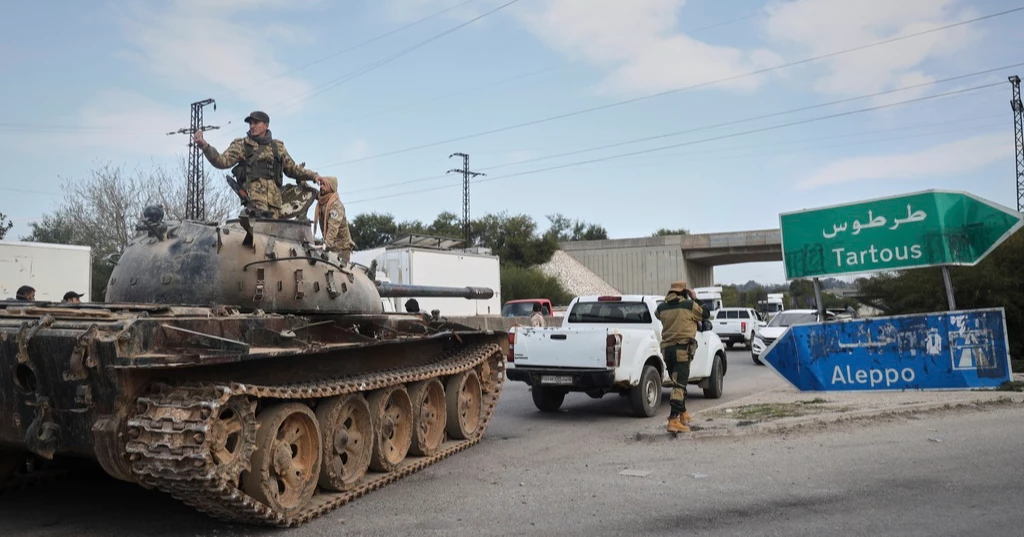A month after a series of retaliatory attacks left hundreds of Alawite civilians dead, members of this Syrian religious minority continue to live in fear, with dozens more killed in smaller assaults since April began.
The Alawites were once considered a privileged group under the rule of the Assad family, but following the fall of Bashar Assad's government late last year, the minority now faces reprisals from the country’s Sunni majority.
Nine killed in Israeli strikes in Syria
Although the new government promised to protect minority groups, an attack on security forces near Latakia by Assad loyalists last month triggered a brutal counteroffensive that took a heavy toll on the largely Alawite population of the coastal region.
According to the Syrian Observatory for Human Rights, more than 1,700 people, mostly civilians, were killed in March. While no official figures have been released by the government, similar estimates have been provided by other human rights groups. This marked the worst violence since the overthrow of Assad's regime by the Islamist group Hayat Tahrir al-Sham in December.
Militias from Syria's Sunni majority have been targeting Alawites, even if they were not involved in the insurgency. Rights groups reported widespread revenge killings. Diana Semaan, a Syria researcher at Amnesty International, noted that some militants blamed Alawites for the actions of the Assad regime, regardless of individual involvement.
While the scale of violence has decreased, Alawites continue to face harassment, extortion, and occasional violence. An Alawite man from the Latakia area described frequent attacks, even on those uninvolved with Assad’s government or security forces. He recalled the death of a 20-year-old factory worker who was shot by checkpoint guards despite having no connection to the military.
The attacks have spread beyond Latakia into the provinces of Tartus and Homs. According to Rami Abdurrahman of the Syrian Observatory for Human Rights, 42 people have died in sectarian violence since the end of Ramadan on March 30. While these killings have become more isolated, they continue to occur.
Mohammed Saleh, an activist from Homs, expressed concern that Syria may be shifting from one dictatorship to another. He called for a national army and security forces that would protect all Syrians, rather than being dominated by one sect.
A school in Baniyas, Tartus, posted a list of nearly 80 individuals killed in the past month. A widely shared video showed the bodies of two young men, with their mother being scolded for her sons' deaths because they were Alawites.
Israeli strikes in southwestern Syria kill 4 people
Tens of thousands of Alawites, along with other Syrians from coastal regions, have fled to Lebanon through unofficial border crossings. The UN reports that around 30,000 Alawite Syrians have sought refuge in northern Lebanon, although they receive little assistance and feel unsafe returning.
These ongoing attacks have been a major disappointment for Syrians who hoped that the fall of Assad would end violence against religious and ethnic minorities. The new government has promised to build an inclusive state and hold criminals accountable. Interim President Ahmad al-Sharaa has vowed to bring those responsible for the recent violence to justice and has established a committee to investigate the attacks.
Although a few arrests have been made, the committee has yet to release any findings. Rights groups assert that the interim government faces a critical test in ensuring justice for the crimes committed.
